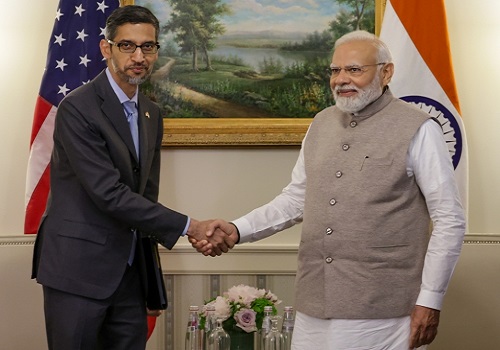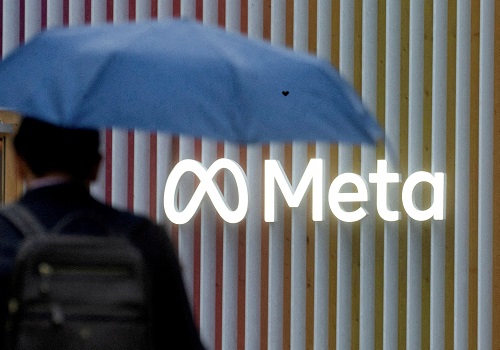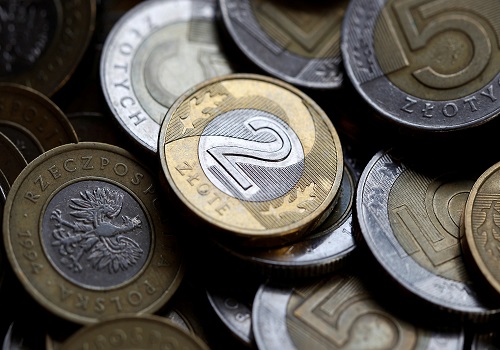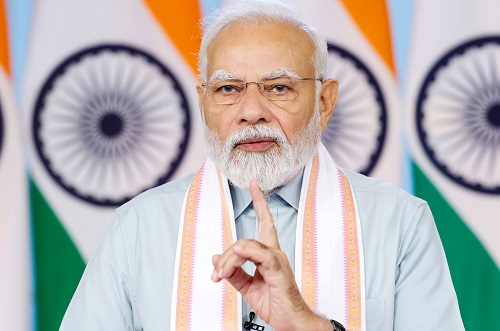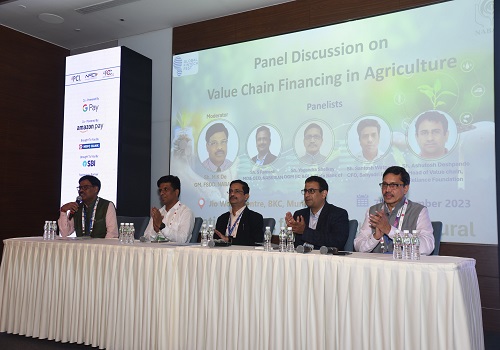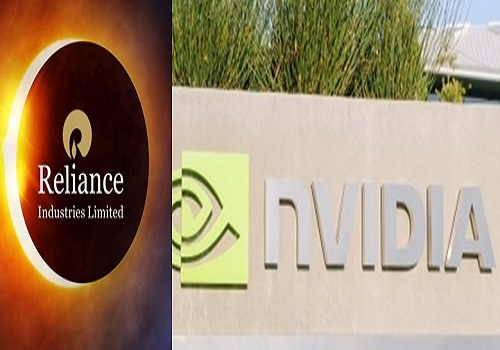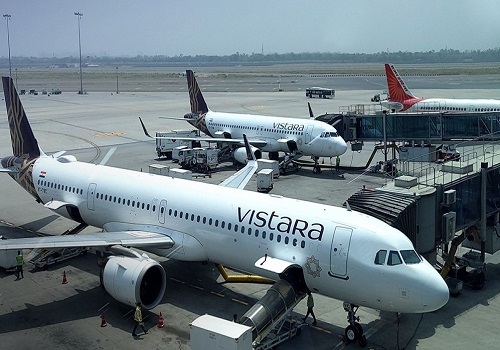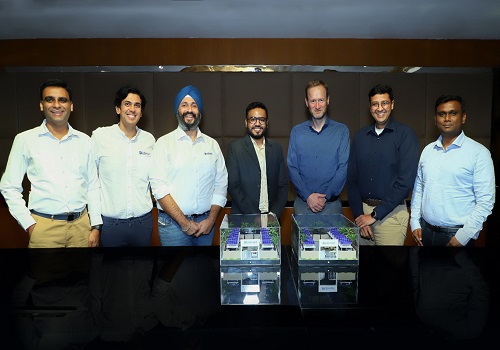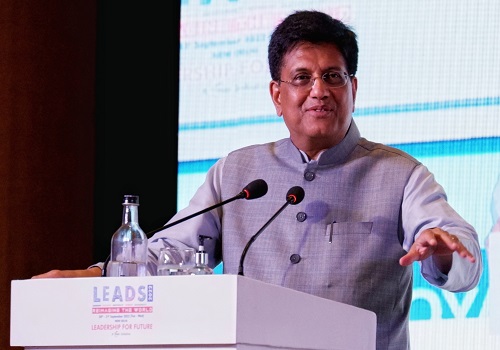No new unicorn in India in 2023 1st half, startup funding plunges over 70%
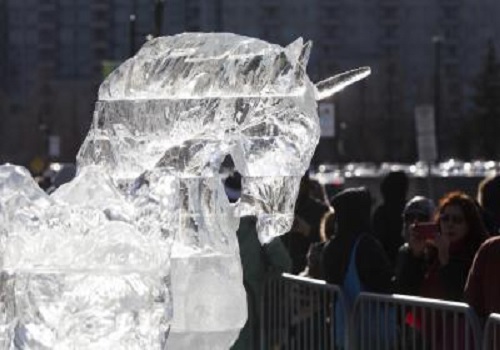
Follow us Now on Telegram ! Get daily 10 - 12 important updates on Business, Finance and Investment. Join our Telegram Channel
There was no new unicorn in India in the first half of 2023 as startup funding plunged more than 70 per cent in the January-June period from a year ago, signalling that the funding winter is here to stay as several top unicorns continue to face economic downturn.
The first six months witnessed Indian startups raise just $5.48 billion, from $19.5 billion they raised during the same period last year, according to data by market intelligence firm Tracxn shared with IANS.
In the first half this year, the startup ecosystem saw 546 deal rounds, a significant drop from the total number of rounds at 1,570 in the same period last year.
If we look at stage-wise, the seed rounds saw $349 million investments (383 deals), early stage deals saw $1.36 billion (123) and late stage deal rounds, $3.77 billion (40 deals).
In comparison, the first half of 2022, which witnessed 19 unicorns, had logged seed-round investments at $1.08 billion, early-stage rounds at $5.08 billion and late-stage funding at $13.1 billion in total.
In H1 2023, the leading investors were IPV and Y Combinator and the largest funding round (in April) was reported by edtech unicorn Byju’s at $700 million.
Leading sectors were consumer ($1.81 billion), fintech ($1.41 billion) while Bengaluru topped the city chart with $2.87 billion investments in startups, according to the data.
In the first quarter of this year, Indian startups raised a total of $2.8 billion, a massive 75 per cent lower compared to the same period in the previous year ($11.9 billion), as rising inflation and interest rates continue to impact investments significantly.
The funding volumes contracted due to the reduction in late-stage funding, which declined by 79 per cent in the first quarter ($1.8 billion) compared to Q1 2022.












 320-x-100_uti_gold.jpg" alt="Advertisement">
320-x-100_uti_gold.jpg" alt="Advertisement">

